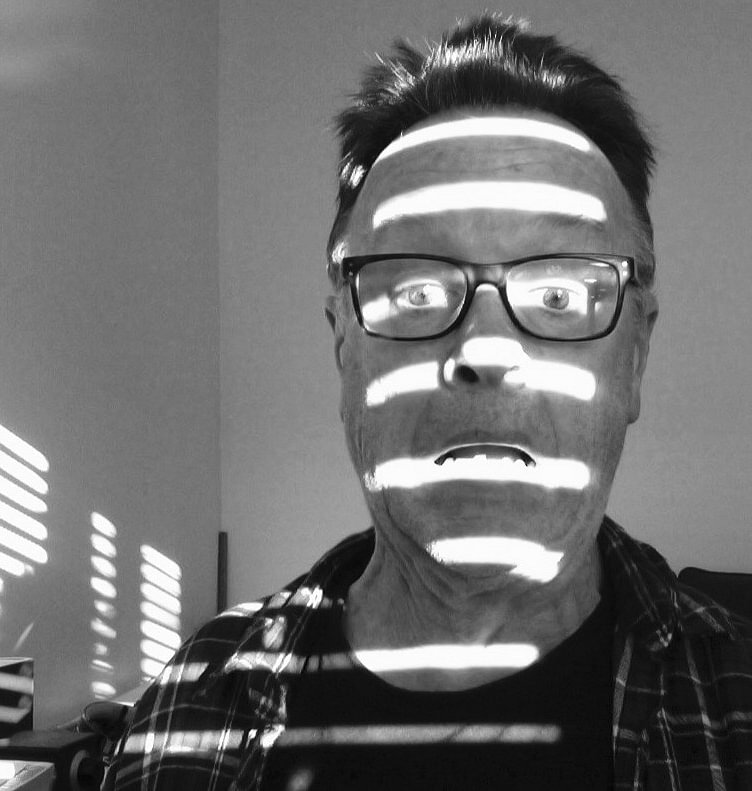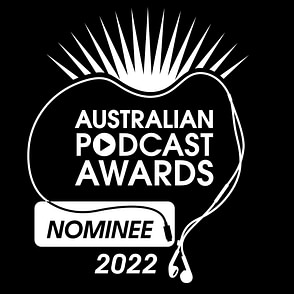Bands form and develop in different ways. They perform different functions for the members and those who hear the music. Some last a short time, while others exist for many years.
I started ruminating on this when I was travelling some years ago. I found listening to podcasts was a great way to fill in time on a long journey. One podcast I enjoyed was about the history of country music and covered artists, bands and significant events in a very scholarly way. Having played in bands all my adult life, it occurred to me that perhaps I could make a podcast about how a band gets started and evolves over time. I decided I would look at one band, a band that I played in for about sixteen years. I wasn’t there at the start but I knew some of those who were.
The New Harlem Jazz Band emerged in the late sixties and played its last gig in 1988. The band recorded a number of vinyl records, none of which has been released on CD, nor is readily available to stream. Though this has been partially rectified by the Australian Jazz Museum more recently. There has been no reunion performance since 1988. In my view, the band has become a little forgotten and its legacy and the efforts of its instigator, Ian Smith, deserve more recognition.
Late in 2019 I started interviewing former members. My initial idea was that after completing the interviews, I would edit the story together with music with little need for any narration. This proved naive. I found my interviewing skills weren’t good enough, memories had faded in some cases and the mountain of interview time and audio of the band grew and grew. Of course Covid got in the way and I had to do some interviews by phone. So the result was much more narration than I had intended; I apologise.
After two years and many hours of editing it’s finally done. It’s perhaps not the thesis on how bands evolve that I imagined. It’s certainly the story of how one band did and maybe provides some broader insights on the topic.
I hope you enjoy it, and as Lew Herman says in episode 8, “thanks for the use of your loudspeaker.”

Bill Morris
